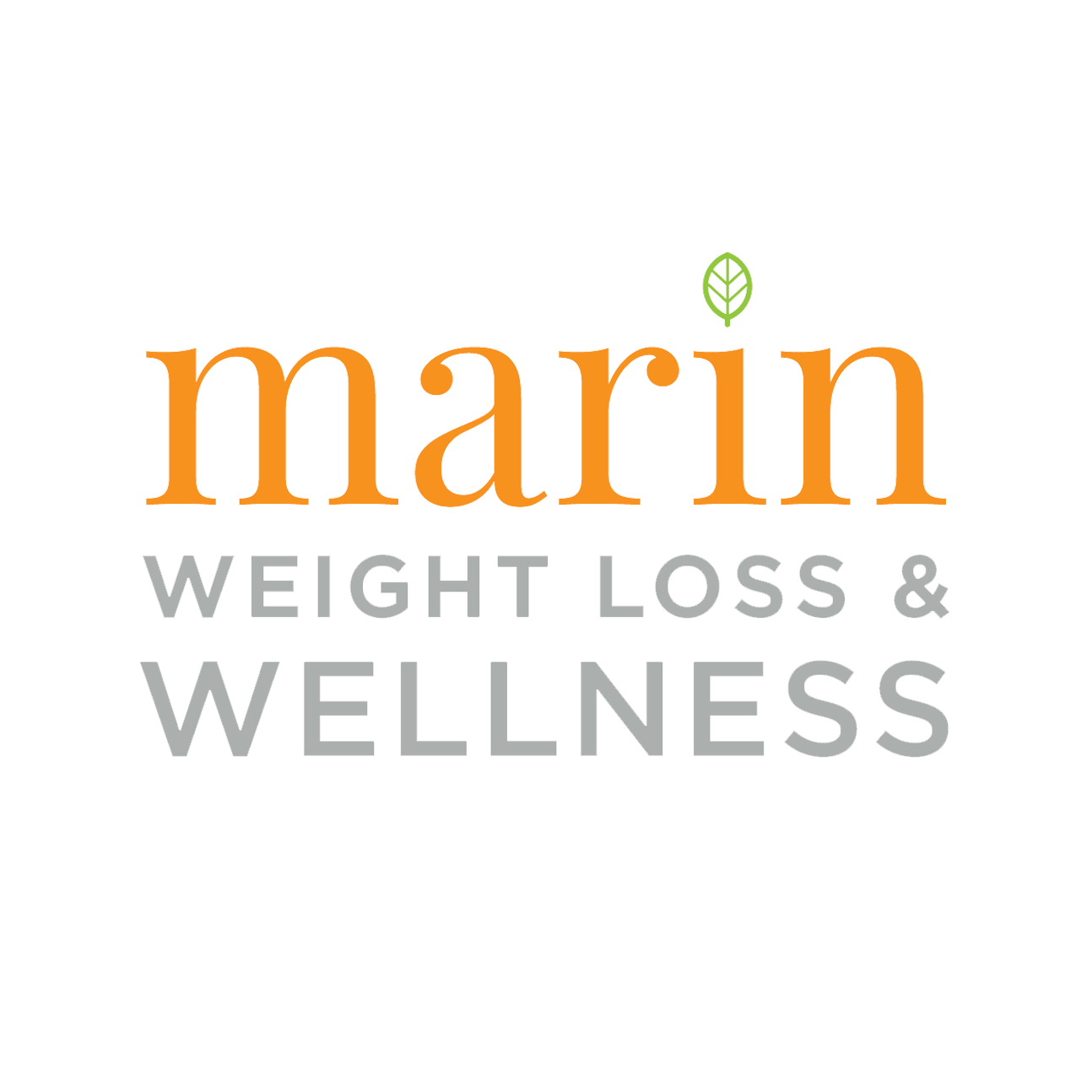The Importance of a Healthy Postnatal Diet
Welcoming a new baby into the world is an exciting and transformative experience for any parent. During pregnancy, a woman's body undergoes numerous changes to support the baby's growth and development.
After childbirth, new mothers need to prioritise their health and well-being as they recover from labour and adjust to the demands of caring for a newborn. One crucial aspect of postnatal recovery is maintaining a healthy diet, which is significant in replenishing nutrients, promoting healing, and supporting breastfeeding.
What is Postnatal Care?
Postnatal care, also known as postpartum care, refers to the medical and emotional support provided to a woman after childbirth to ensure her well-being and facilitate recovery. This period typically lasts about six weeks following delivery, although the duration may vary depending on individual circumstances.
Postnatal care encompasses various aspects, including physical recovery, emotional support, breastfeeding assistance, and newborn care education. It aims to address the needs of both mother and baby during the critical postpartum period and promote optimal health and well-being for both.
Postnatal care is essential for ensuring a smooth transition to motherhood and promoting the health and happiness of both mother and baby.
Related Articles:
Nutritional Requirements for New Moms
Nutritional requirements for new moms are essential for supporting postpartum recovery and providing nourishment for breastfeeding. After childbirth, a woman's body undergoes significant changes, and maintaining a balanced diet is crucial for replenishing nutrient stores, promoting healing, and supporting overall health. Here are some critical nutritional requirements for new moms:
Protein: Protein is essential for tissue repair and muscle recovery after childbirth. Including lean protein sources such as poultry, fish, tofu, beans, lentils, eggs, and dairy products can help support postpartum healing and recovery.
Iron is essential for replenishing blood loss during childbirth and preventing postpartum anaemia. Iron-rich foods such as lean meats, poultry, fish, beans, lentils, fortified cereals, and leafy green vegetables can help meet your iron needs.
Calcium: Calcium is vital for bone health and milk production during breastfeeding. Incorporating sources of calcium such as dairy products (milk, yogurt, cheese), fortified plant-based milk, leafy green vegetables (kale, broccoli), tofu, and almonds into your diet can help support postpartum recovery and breastfeeding.
Omega-3 fatty acids: Omega-3 fatty acids are essential for brain health and may help reduce the risk of postpartum depression. Including sources of omega-3 fatty acids such as fatty fish (salmon, trout, sardines), flaxseeds, chia seeds, walnuts, and fortified foods in your diet can help support your mental and emotional well-being during the postpartum period.
Vitamin D: Immune system and bone health depend on vitamin D. Getting adequate sunlight exposure and consuming sources of vitamin D such as fatty fish, fortified dairy products, fortified plant-based milks, eggs, and mushrooms can help meet your vitamin D needs.
Tip - Achieving and maintaining a healthy weight postnatally is essential for overall well-being and recovery. Drawing guidance for weight management from Marin Weight Loss!
Our team of professionals, which includes fitness trainers, and nutritionists, can provide expert support to new mothers so they may start their road toward weight management.
Importance of a Healthy Postnatal Diet
Let's explore the importance of a healthy postnatal diet in more detail:
Supports Recovery
Giving birth is a physically demanding process that places considerable strain on the body. A healthy diet rich in essential nutrients helps to replenish stores depleted during pregnancy and childbirth, supporting the body's recovery process.
Rich in nutrients, foods including fruits, vegetables, whole grains, lean meats, and healthy fats supply the vitamins, minerals, and antioxidants required for tissue regeneration.
Promotes Healing
The postpartum period is characterised by physical changes such as vaginal soreness, perineal tears, caesarean incisions, and breast discomfort. A nutritious diet can aid in wound healing and reduce inflammation, helping new mothers recover more quickly and comfortably.
Certain foods, such as those high in vitamin C and zinc, are particularly beneficial for supporting tissue repair and immune function.
Facilitates Hormonal Balance
Hormonal fluctuations are common during the postnatal period as the body adjusts to changes in hormone levels following childbirth. A balanced diet can help regulate hormones and minimise symptoms such as mood swings, fatigue, and postpartum depression.
Consuming foods rich in omega-3 fatty acids, B vitamins, and magnesium may help support emotional well-being and mental health during this transitional time.
Supports Breastfeeding
For mothers who choose to breastfeed, maintaining a healthy diet is essential for optimal milk production and quality. Breastfeeding requires additional calories and nutrients to meet the nutritional needs of both mother and baby.
Consuming a varied diet that includes plenty of fluids, protein-rich foods, and lactogenic foods such as oats, fenugreek, and fennel can support milk supply and provide essential nutrients for infant growth and development.
Boosts Energy Levels
Caring for a newborn is physically demanding and requires a significant amount of energy. A balanced postnatal diet provides the fuel necessary to sustain energy levels and meet the demands of motherhood.
Eating regular meals and snacks that include complex carbohydrates, lean proteins, and healthy fats can help stabilise blood sugar levels and prevent energy crashes throughout the day.
Aids Weight Management
While weight loss should not be the primary focus during the postnatal period, maintaining a healthy weight is important for overall health and well-being. Consuming a nutritious diet and engaging in gentle physical activity can support gradual weight loss and promote body confidence.
However, it's essential to prioritise nourishment and self-care rather than restrictive dieting or excessive calorie counting.
Foods to Avoid During Postnatal Care
New moms must be mindful of their dietary choices during postnatal care to support their recovery and overall well-being. While many foods are safe and beneficial during this time, some foods should be avoided or limited to reduce the risk of complications or discomfort. Items to stay away from when receiving postpartum care include:
Caffeine: Consuming excessive amounts of caffeine can interfere with sleep patterns and contribute to dehydration, which can be particularly challenging during the postpartum period when adequate rest and hydration are essential. Limiting caffeine intake from coffee, tea, energy drinks, and chocolate sources can support overall health and well-being.
Alcohol: It's essential to avoid alcohol while breastfeeding, as alcohol can pass into breast milk and negatively impact the baby's development and health. Even small amounts of alcohol can affect a breastfeeding baby's sleep patterns, feeding behaviour, and growth. If you choose to drink alcohol, it's recommended to wait until after breastfeeding or express breast milk beforehand to ensure the baby's safety.
Processed Foods: Processed foods high in added sugars, unhealthy fats, and preservatives should be limited during postnatal care. These foods provide little nutritional value and may contribute to weight gain, fatigue, and other health issues. Instead, focus on consuming whole, minimally processed foods that nourish your body and support your recovery.
Raw or Undercooked Foods: To reduce the risk of foodborne illness, it's essential to avoid consuming raw or undercooked meats, eggs, seafood, and unpasteurized dairy products during postnatal care. These foods may contain harmful bacteria such as Salmonella, Listeria, and E. coli, which can pose a risk to both mother and baby.
A healthy postnatal diet is essential for supporting recovery, promoting healing, and nourishing both mother and baby during the transitional postpartum period.
By prioritising nutrient-dense foods, staying hydrated, and practising self-care, new mothers can lay the foundation for long-term health and well-being for themselves and their families.


